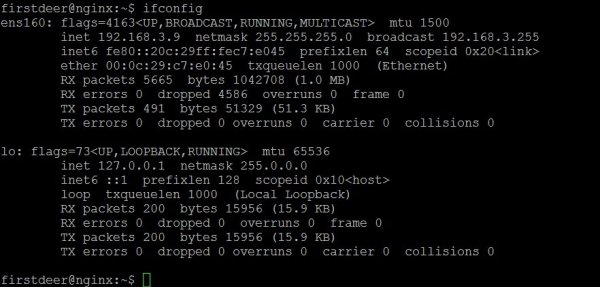How to delete all files in a Linux folder
- Main
- Knowledge base
- Instructions
- How to delete all files in a Linux folder
15.03.2023, 02:10
Files in Linux are the main element of the system, which contains information, program code and other data. In Linux, all files are in a hierarchical file system, where each file has its own path (address) in the system.
File types in Linux
The main file types in Linux:
1. Ordinary: This is a simple text file or binary file containing information that can be read or modified.2. Directory: Contains other files or directories. Each file and directory has its own unique path in the file system hierarchy.3. Character device: A file representing an input/output device, such as a keyboard or printer.4, Block device: represents a storage device, such as a hard disk or flash drive.5. Symbolic link: Contains a link to another file or directory in the system.6. Block link: Refers to the same data as another file, but has a different name or path in the file system.
In Linux, files have access rights that determine who can read, modify, or execute the file. In addition, Linux has many utilities for working with files, such as ls, cp, mv, rm, chmod, chown, etc., which allow you to manage files and directories in the system.
Why delete all files
There are several reasons why you may need to delete all files in a Linux folder, for example:
Clearing a folder of temporary files, cache, and other unnecessary data that may take up a lot of disk space.
Preparing a folder for new files and projects so that there are no conflicts and old files do not interfere with work.
The solution to the problem when a lot of files with errors or corrupted files have accumulated in the folder.
In any case, before deleting all the files, you need to make sure that they are really not needed, since after deleting the files cannot be restored.
Procedure of actions
To delete all files in the Linux folder, you can use the rm command. To do this, follow these steps:
Open the terminal and go to the desired folder where you want to delete files using the cd command.
Enter the rm * command. The asterisk sign means "all files" in the current folder.
Confirm file deletion if prompted. If you need to confirm the deletion of each file, you can add the -i parameter by entering the rm -i * command.
It is important to note that the rm command deletes files without the possibility of restoring them. Therefore, you need to be careful when using this command and make sure that all deleted files are really not needed.



































